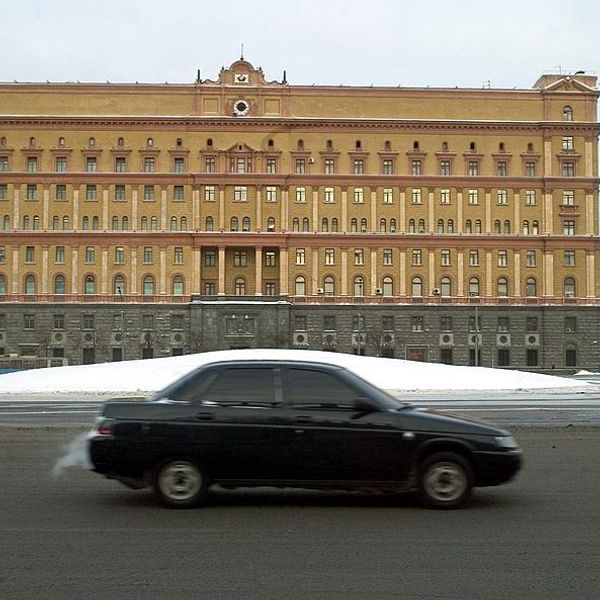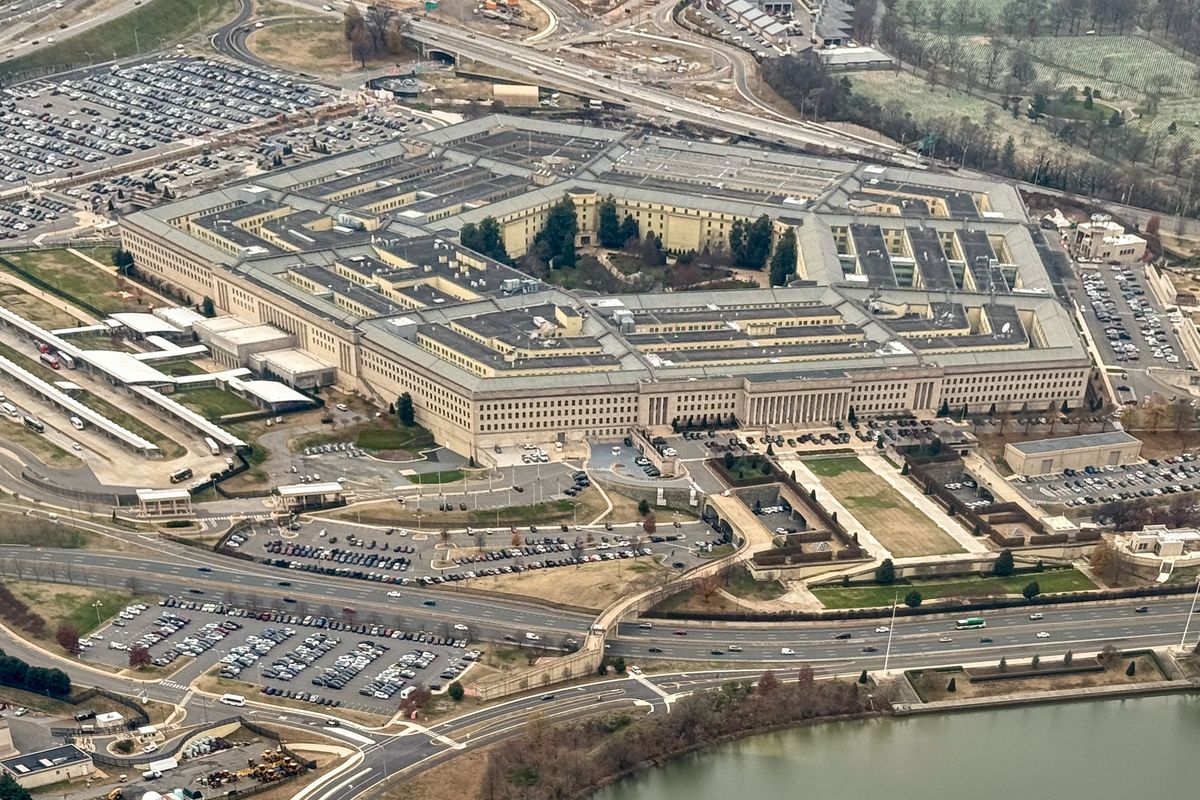Former Secretary of State Rex Tillerson’s departure was long-rumored and expected. It had been delayed so long that some of us had even gotten to the point where we were wondering if it was really going to happen. But now it has.
This means at roughly 14 months in the job, he was outlasted by Alexander Haig who served 17 months as secretary of state during the tumultuous early years of the Reagan administration.
But at least he beat James G. Blaine, who held the job under President James Garfield in 1881 for just nine months.
That said, his problem was that he didn’t know how to use the tools of diplomacy he was given. He failed to understand the value of our diplomatic capability. Despite his attempts to praise individual members of the Foreign Service, he never showed he knew how to marshal the structures, the embassies, the diplomats, our alliances and negotiating fora to mount a concerted diplomatic effort to achieve national goals – the basic purpose of our diplomacy.
But also, as he was getting his head round those ideas and tools, he was constantly undercut by his boss. And that makes it impossible to succeed. Why talk to the secretary of state when he can’t deliver on any deal he makes? Will what he tells you become policy, or get contradicted in tomorrow’s tweet?
It happened once again with President Donald Trump’s decision to meet with North Korean leader Kim Jong Un, while Tillerson was telling the press it was too early to contemplate such a meeting. And Tillerson’s departure may or may not have been related to his clear statement on Russia, after the British Prime Minister Theresa May accused Moscow of being behind a nerve agent attack on a swapped Russian spy in Britain.
What’s clear is that he and the president never saw things the same way on Iran, Russia, North Korea or even Qatar. The best we can say about Tillerson is that he tried. He tried to work on these issues diplomatically despite being undercut by his boss and undercut by his own failures to organize our diplomatic capability.
Now, Mike Pompeo will come in as Secretary of State. He is going to have the same problem.
During his tenure at CIA, he may have established a better relationship with the president who says he and Pompeo are “on the same wavelength.” Whether you agree, disagree or want to talk the president out of things, having that ability to talk to him is vital. The most successful secretaries of state have been ones who’ve had close relationships with the commander in chief – the best example being George H.W. Bush and James Baker, who practically knew each other’s thoughts and managed the complex diplomacy of German reunification, Tiananmen Square, the end of the apartheid and other momentous events.
Mike Pompeo also brings a knowledge of Congress, which is critical. Secretaries of state have to negotiate a lot on Capitol Hill. Hopefully, Pompeo still has friends there although his tenure as a congressman was not marked by much camaraderie. Pompeo also brings from the CIA, perhaps, a little more honesty about the world than we’ve seen, especially on Russia, by the president.
Pompeo fits with the parts of the administration that see a world full of dangers to be confronted. Military leaders, who now head the Defense Department and the National Security Council, are taught to break problems rather than fix them.
Pompeo thus enters an administration that sees the value of military action, but fails to understand what diplomacy can do to manage issues towards breakthroughs. If you see the world as full of dangerous threats, you prepare militarily. If you see the world as a difficult, complex mix of issues and people, you prepare diplomatically to remold and counter them.
Even if Pompeo sees the diplomatic opportunities he can create, rebuilding the diplomatic tools after the devastation of the State Department ranks by Tillerson – the departures of so many senior experts, the anemic budget proposals, and the loss of U.S. prestige due to the president’s statements – will be a gargantuan task.
Then, deploying diplomatic assets in campaigns around the world in an administration that would rather break things will be a big task for Pompeo to manage.
But from his track record of public statements so far, Pompeo’s diplomacy is more likely to become a series of denunciations and confrontations rather than building toward any national purpose. Still, we can always hope, at least until after his confirmation.
Will he go easier than Tillerson did on Russia? In the end, Russia policy has a lot of legal constraints because of sanctions and Congressional leaders and allies with strong views. Therefore, Russia’s behavior is not something that a secretary of state - even if he had the president with him - would be entirely free to freelance or ignore. Pompeo, if he does believe some of the stronger statements he’s made about Russia, will have a harder time managing the president than the policy.
The overall message of the Pompeo appointment for adversaries like Russia and North Korea, and even for our allies, is that confusion reigns in the Trump administration – though if they have been reading the newspaper at least once a week, that should come as no surprise.
The message is also that the president acts on his own whims. His cabinet members are not counselors; they are merely a supporting cast. The idea that the president would listen to any of his “advisors” and change his mind on something is just out of the window.
The other message is that America is set on confrontation with everyone: allies on steel and trade; Iran on nuclear diplomacy; China on its expansion...The exceptions? Israel and Russia. American First is not an agenda anyone overseas shares, and the administration is making no effort to show that what’s good for us can be good for you, too. With Pompeo, the world should expect more of the same absence of leadership and confrontational attitudes, without Tillerson’s attempts to smooth it out.
And that leaves us at a disturbing departure from our past role. Since World War II, America has led by establishing the rules, structures and norms that underpinned our common prosperity.
America still needs to lead with its diplomacy.
If there is no active American diplomacy trying to mold the course of events and set rules and standards, others will step up to seize the baton. China has certainly shown it is willing. Foreign diplomats tell me that China shows up to big meetings with a clear agenda and a strong team, while the few American delegates show up without clear direction.
Failure to take any lead or offer any presence in international diplomacy harms the United States. That’s what Pompeo has to try to fix. We can hope he figures out what American diplomacy can do and how he can use it, and that he can bring the president to see the diplomatic opportunities as well. But, don’t hold your breath.














